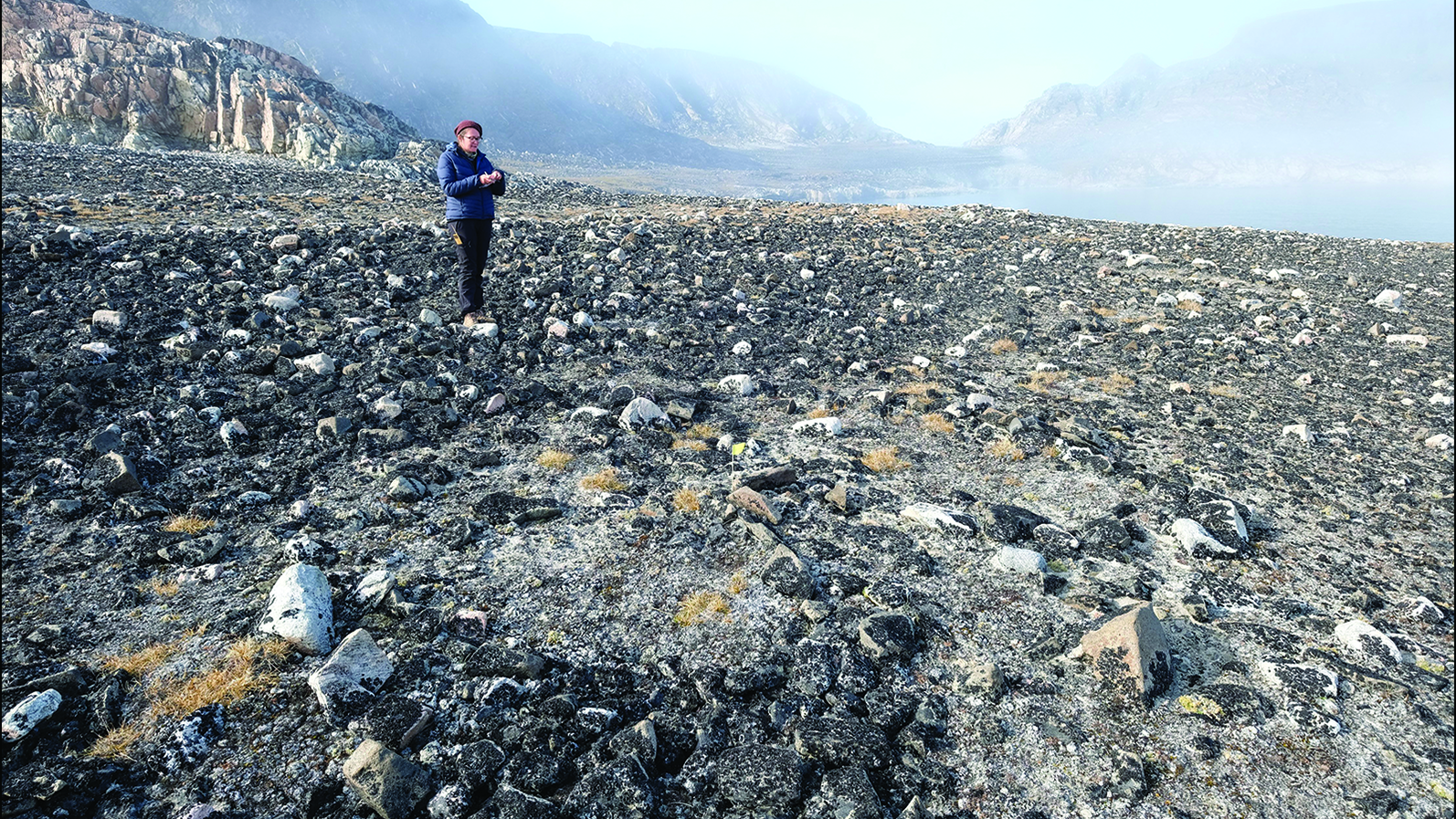'Missing Link' Croc Displayed in Brazil

Get the world’s most fascinating discoveries delivered straight to your inbox.
You are now subscribed
Your newsletter sign-up was successful
Want to add more newsletters?

Delivered Daily
Daily Newsletter
Sign up for the latest discoveries, groundbreaking research and fascinating breakthroughs that impact you and the wider world direct to your inbox.

Once a week
Life's Little Mysteries
Feed your curiosity with an exclusive mystery every week, solved with science and delivered direct to your inbox before it's seen anywhere else.

Once a week
How It Works
Sign up to our free science & technology newsletter for your weekly fix of fascinating articles, quick quizzes, amazing images, and more

Delivered daily
Space.com Newsletter
Breaking space news, the latest updates on rocket launches, skywatching events and more!

Once a month
Watch This Space
Sign up to our monthly entertainment newsletter to keep up with all our coverage of the latest sci-fi and space movies, tv shows, games and books.

Once a week
Night Sky This Week
Discover this week's must-see night sky events, moon phases, and stunning astrophotos. Sign up for our skywatching newsletter and explore the universe with us!
Join the club
Get full access to premium articles, exclusive features and a growing list of member rewards.
SAO PAULO, Brazil (AP) — The 80 million-year-old remains of a land-bound reptile described as a possible link between prehistoric and modern-day crocodiles were displayed to the public for the first time on Thursday.
The fossil of the 5 1/2-foot-long predator was found in 2004 near the small city of Monte Alto, 215 miles northwest of Sao Paulo, paleontologist Felipe Mesquita de Vasconcellos said by telephone, after presenting the find to a news conference at the Federal University of Rio de Janeiro.
The long-limbed and extremely agile animal, dubbed "Montealtosuchus arrudacamposi," roamed arid and hot terrain that is now Brazilian countryside, Vasconcelos said.
"As a missing link to prehistoric crocodiles, it offers us an excellent opportunity to study the evolutionary transition of these animals," Vasconcellos said. "It has a mix of morphological traits common in prehistoric crocodiles and in the ones that exist today."
Details of the discovery were published in October 2007 in Zootaxa, a peer-reviewed scientific journal based in New Zealand.
Michael J. Ryan, curator of vertebrate paleontology at the Cleveland Museum of Natural History, said the discovery could be of major importance.
"We have very little evidence of terrestrial crocodiles, so the example from Brazil could form a missing link of a whole evolutionary diversity," said Ryan, who was not involved in the research.
Get the world’s most fascinating discoveries delivered straight to your inbox.
Two years ago, paleontologists from the Federal University of Rio de Janeiro, announced the discovery of a fossil of a prehistoric crocodile which they called Uberabasuchus Terrificus, or the "terrible crocodile of Uberaba."
Uberabasuchus lived 70 million years ago and was smaller than today's crocodiles — only about 10 feet long and weighing about 650 pounds.
- 10 Amazing Things You Didn't Know About Animals
- Image Gallery: Snakes, Frogs and Lizards
- Ancient Swimming Reptiles Uncovered
 Live Science Plus
Live Science Plus










